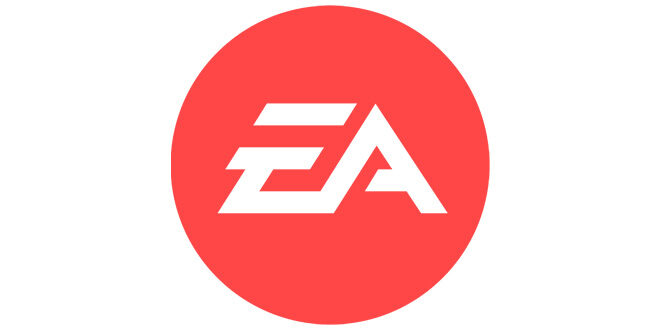This is a press release posted in addition to our usual editorial content.
Electronic Arts is continuing its efforts to ensure that video games can be enjoyed by as many people as possible by pledging 23 more patents to its industry-first accessibility patent pledge, an initiative that makes accessibility tools and technologies available to developers across the industry, free of charge.
The 23 patents are being pledged following the International Day of Persons with Disabilities and include improvements in speech and audio generation and recognition, as well as variations of previously pledged technologies. In addition, EA is releasing a plugin for Unreal Engine 5 that enables in-engine use of EA’s photosensitivity analysis tech, IRIS, which was open-sourced as part of last year’s pledge update. With this IRIS plugin, developers building their games on Unreal Engine 5 can analyze and identify, in real-time as they’re running their games, frames that could potentially impact players who experience photosensitivity.
“We believe that games should be accessible to everyone and our industry-leading teams are always looking for new ways to make this a reality,” said Kerry Hopkins, SVP of Global Affairs at EA, “By making this technology available to others, we continue to work to enhance accessibility and inclusivity for players around the world by removing unintended barriers to access.”
The addition of 23 patents more than doubles the total number of patents pledged since its launch in 2021. The six newly-pledged technologies among the patents being added this year are:
- Intelligent Personalized Speech Recognition: Speech recognition system that improves the accuracy and efficiency of speech recognition by using personal phoneme mappings for each user, to better understand accent and other pronunciation variations such as those resulting from speech impairments.
- Generating Expressive Speech Audio From Text Data: A system that generates expressive speech audio from text data, and provides more control and personalization of the generated speech based on desired speaking style and speaker attributes.
- Generating Speech in the Voice of a Player of a Video Game : A system that can generate speech in the voice of a player, for their avatar, based on minimal sample speech data as compared with existing techniques.
- Voice Aging Using Machine Learning: A system that can age an original input voice to a desired target age without requiring additional voice samples.
- Emotion Based Music Style Change Using Deep Learning: A system that infers a player’s emotion while playing a video game and tunes the background soundtrack of the game to best fit that emotion.
- Dynamically Selecting Speech Functionality on Client Devices: A system that automatically detects and enables speech recognition technologies available on a gaming device.
Among other things, these patented accessibility technologies could be used to improve the gameplay experience of players who have speech disorders or who prefer or need assistance with verbally expressing themselves. They could make it possible for those players’ speech to be more effectively recognized and reflected in-game in a way that is representative of their age, emotion, language and speaking style.
EA’s accessibility patent pledge furthers the company’s existing accessibility efforts, which help games and experiences reach the millions of players worldwide with disabilities. The Electronic Arts accessibility portal is an online resource where players can learn about the accessibility features in EA’s games, raise concerns and make suggestions for improvements.
Last year, EA pledged four accessibility patents that make it easier for players to play and remove in-game barriers. It also open-sourced IRIS, a tool that makes it simpler for developers to analyze content for flashing lights or rapidly changing spatial patterns and thereby detect potential photosensitivity issues early in the development pipeline.
In previous years, EA open-sourced Fonttik, a tool that automatically identifies text in visual content and determines whether it meets specified size and contrast ratio criteria, making it easier to check that the text can be read by players with varying vision conditions. In 2021, EA’s first accessibility patent pledge announcement included the patented ‘Ping System’ used in Apex Legends™, where it has been overwhelmingly welcomed by players.

 MCV/DEVELOP News, events, research and jobs from the games industry
MCV/DEVELOP News, events, research and jobs from the games industry




